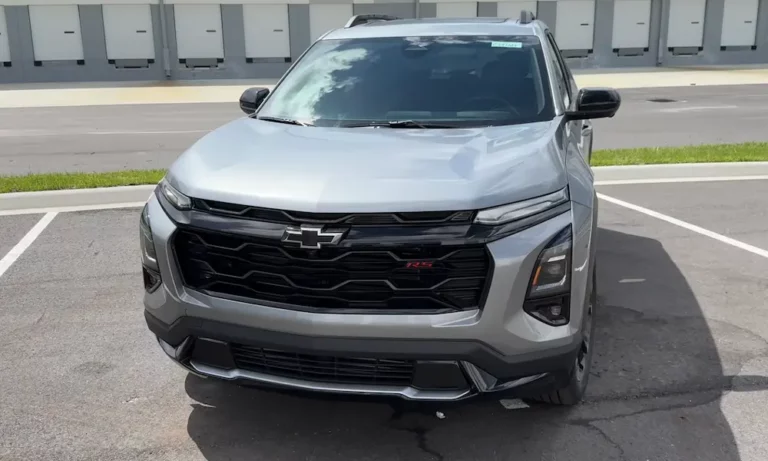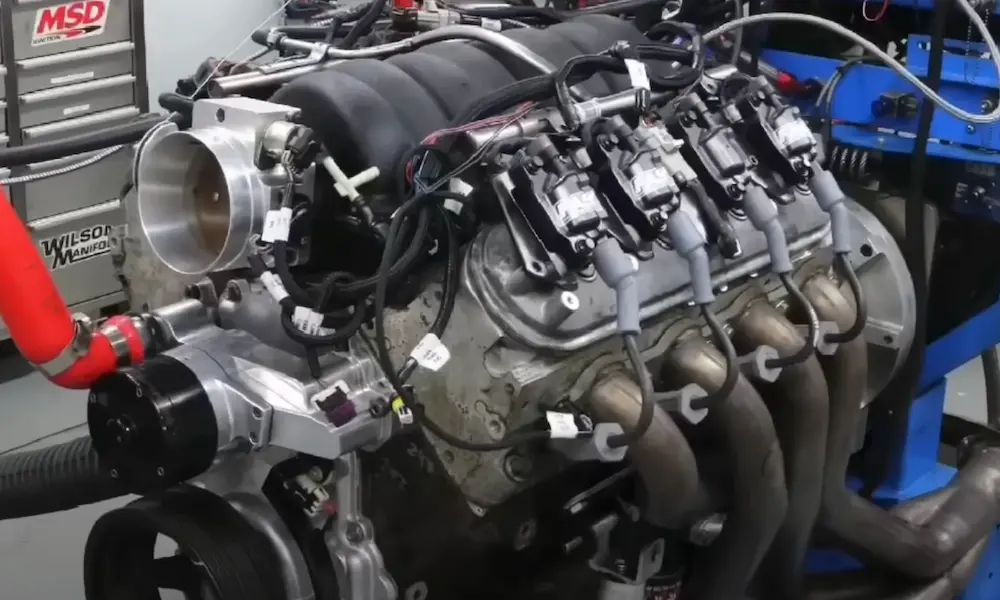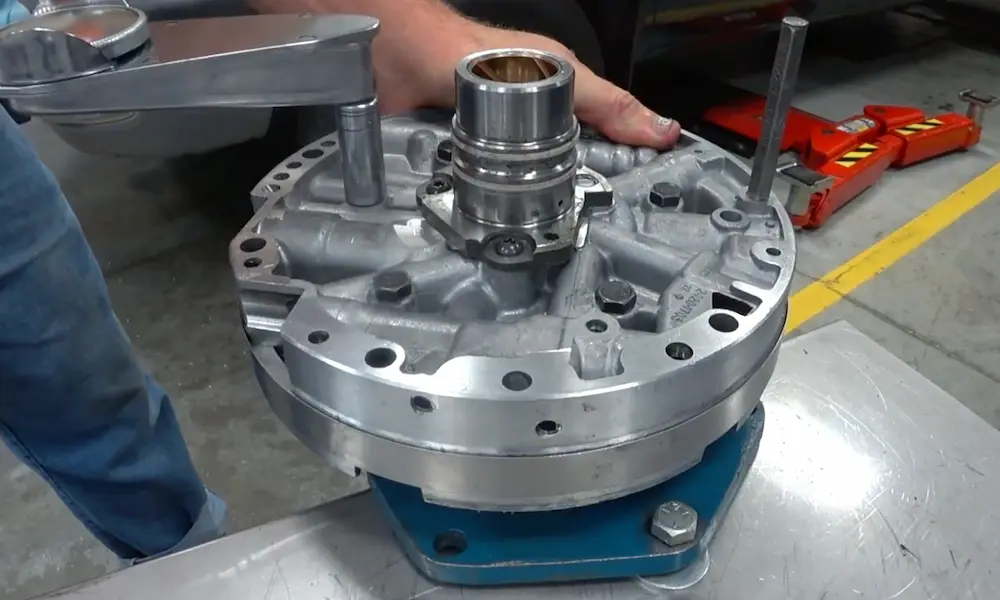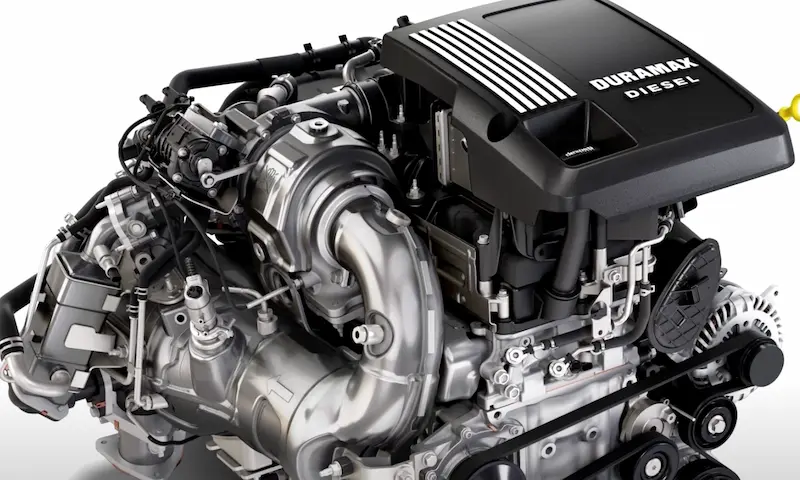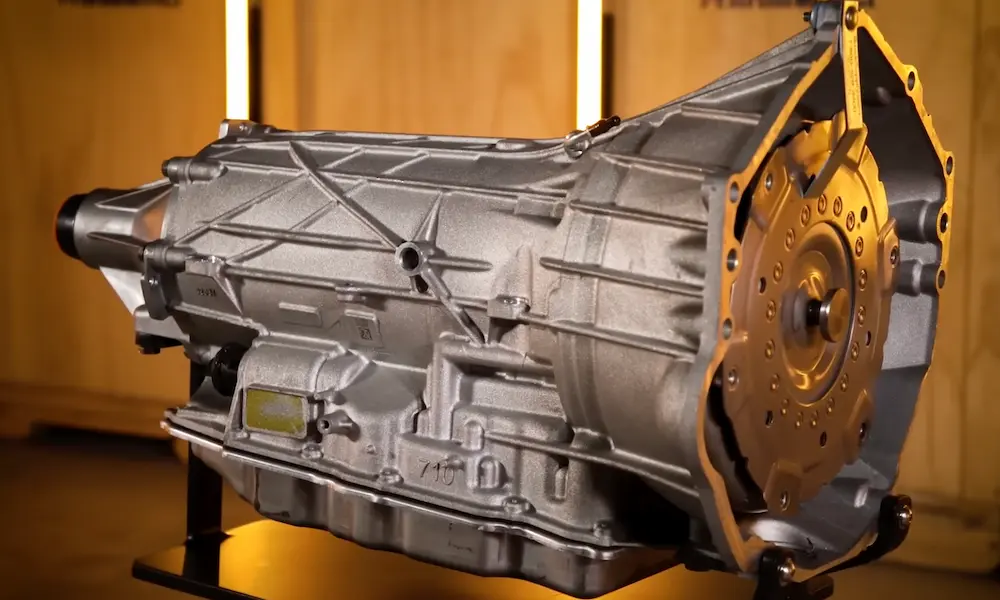Experiencing transmission issues with your Chevy Equinox can be frustrating, especially if it happens unexpectedly. Problems like slipping gears or difficulty shifting can lead to serious concerns. It’s important to know which model years are more prone to these issues to help you find solutions or decide on repairs. Join us as we discuss potential transmission problems and how you might address them to keep your Equinox running smoothly.
Common Transmission Problems in Chevy Equinox
Driving a Chevy Equinox can sometimes come with transmission problems. These issues often involve transmission fluid, faulty parts like solenoids, or problems with the torque converter and control module. Swift action can prevent more serious troubles.
Transmission Fluid Issues
Transmission fluid is crucial for your Chevy Equinox. It helps lubricate parts and allows gears to change smoothly. If you notice your vehicle is not shifting properly, low transmission fluid might be the cause. There might also be leaks, which you could spot as reddish spots under your car. If fluid levels get too low, it can cause the transmission to slip, leading to more extensive repairs. It’s a good idea to check the fluid regularly and top it up as needed.
Transmission Control Module Concerns
The transmission control module (TCM) in your Equinox manages how the gearbox functions. Issues with the TCM can lead to trouble codes and erratic shifting. Your dashboard might show warning lights if the module isn’t working right. These errors can cause slow acceleration, inability to change gears, or even stalling. Diagnosing problems with the TCM might require a professional with specialized tools. Getting the TCM fixed or replaced quickly can help keep your vehicle running smoothly.
Faulty Solenoids and Their Impact
Solenoids regulate the flow of transmission fluid in your car. If they’re faulty, you might experience difficulties in shifting gears or getting stuck in a specific gear. The check engine light might come on, indicating there’s a problem. Solenoids wear out over time, leading to delayed shifting or unusual noises. It’s wise to get them checked if you notice any shifting problems. Replacing faulty solenoids can prevent further issues with your transmission system.
Problems with the Torque Converter
The torque converter aids in transferring power from the engine to the transmission. When it fails, your Equinox might shake or shudder during acceleration. You may also experience slipping, where the engine revs but the car doesn’t accelerate as expected. Symptoms like these can suggest problems with the torque converter. Repairing or replacing the torque converter early can save costs and prevent further damage.
Other Chevy Equinox Challenges
The Chevy Equinox has faced several challenges affecting its reliability and performance. These issues often involve engine performance, electrical systems, fuel efficiency, and steering, all of which can impact the overall driving experience.
Engine and Oil Consumption Issues
One common problem among Chevy Equinox owners is excessive oil consumption. You might notice your Equinox requiring more frequent oil top-ups, which may seem unusual compared to other vehicles. This could be due to faulty piston rings or engine seals. A check engine light on the dashboard might indicate such a problem. Regular monitoring of oil levels and prompt servicing can help manage this issue and prevent more serious engine problems.
Electrical System Complications
Electrical problems in the Equinox can vary, but they often include power loss to certain components or a malfunctioning dashboard. These issues might stem from a defective battery, alternator, or even faulty wiring. You could experience power windows or locks failing to work, or your dashboard lights flickering unexpectedly. Diagnosing these problems might require professional help to ensure all electrical components function correctly and safely.
Fuel System Defects
The fuel system in your Chevy Equinox can sometimes present challenges such as a fuel leak or fuel pump failure. These issues can lead to reduced fuel efficiency and even pose a safety risk. Symptoms to watch out for include a strong gasoline smell, trouble starting the engine, or stalling during operation. Addressing these defects promptly helps maintain fuel efficiency and prevents more severe damage.
Power Steering and Handling
Handling problems like difficulties with power steering may be noticeable in some Chevy Equinox models. You might find steering becoming stiffer or less responsive, especially at lower speeds. This could be due to a faulty power steering pump, fluid leaks, or worn belts. Ensuring your steering system is regularly inspected and maintained can help ensure smooth handling and a safer driving experience.
Notable Recalls and NHTSA Warnings
The Chevy Equinox has had its share of recalls and warnings from the National Highway Traffic Safety Administration (NHTSA). Issues like head gasket failure in older models and notable recalls in recent years affect vehicle reliability and safety. Let’s dive into the details of these concerns.
Historical Recalls
Between 2005 and 2007, the Chevy Equinox often faced reliability problems, making these years ones to avoid. Complaints were common, with issues like head gasket failures in models such as the 2009 Chevy Equinox. These issues sometimes led to engine overheating and potential engine damage.
In 2019, a recall arose due to missing bolts on the start-stop accumulator endcap, resulting in potential transmission oil leaks. This defect increased the risk of losing vehicle propulsion and even posed a fire hazard if the fluid came into contact with an ignition source. These historical recalls highlight the importance of staying updated on your vehicle’s status and addressing recalls promptly.
NHTSA Safety Concerns
The NHTSA has issued several safety warnings for the Chevy Equinox to keep you informed about potential risks. The 2020 model, for instance, had a recall concerning brake drag, which could lead to overheating of the brake pads. This issue poses a safety risk by affecting the car’s braking ability and increasing the crash risk. You can find more details about these recalls through NHTSA’s vehicle detail search.
By staying aware of these safety concerns, you can take steps to ensure your vehicle is safe to drive. Checking the NHTSA’s database regularly can help you stay updated and informed about any new recalls or warnings that emerge.
Maintenance Tips for Chevy Equinox Owners
Keeping your Chevy Equinox in great shape can help prevent transmission problems. Regular maintenance is key. Here are some friendly tips to help you out!
Check Transmission Fluid: Make it a habit to check your transmission fluid regularly. Low or dirty transmission fluid can lead to shifting problems. If you notice any issues, address them right away to keep your transmission healthy.
Watch Oil Consumption: Keep an eye on your Equinox’s oil levels. Excessive oil consumption can be a sign of bigger problems. Regular oil changes are important, so make sure you follow the recommended schedule.
Drive Smart: Gentle acceleration and stopping can prolong the life of your transmission. Avoid sudden speed bursts, and try to drive smoothly whenever you can.
Regular Inspections: Have a professional check your vehicle regularly. They can spot potential issues before they turn into big problems. This is especially important if you often haul heavy loads or drive in tough conditions.
Keep it Clean: Keep the exterior and engine area clear of dirt and debris. This can help maintain the vehicle’s performance and prevent potential strain on the transmission. Regular washing and detailing can help with this.
These simple steps can help keep your Chevy Equinox running smoothly and avoid transmission headaches. Remember, a little maintenance goes a long way!

